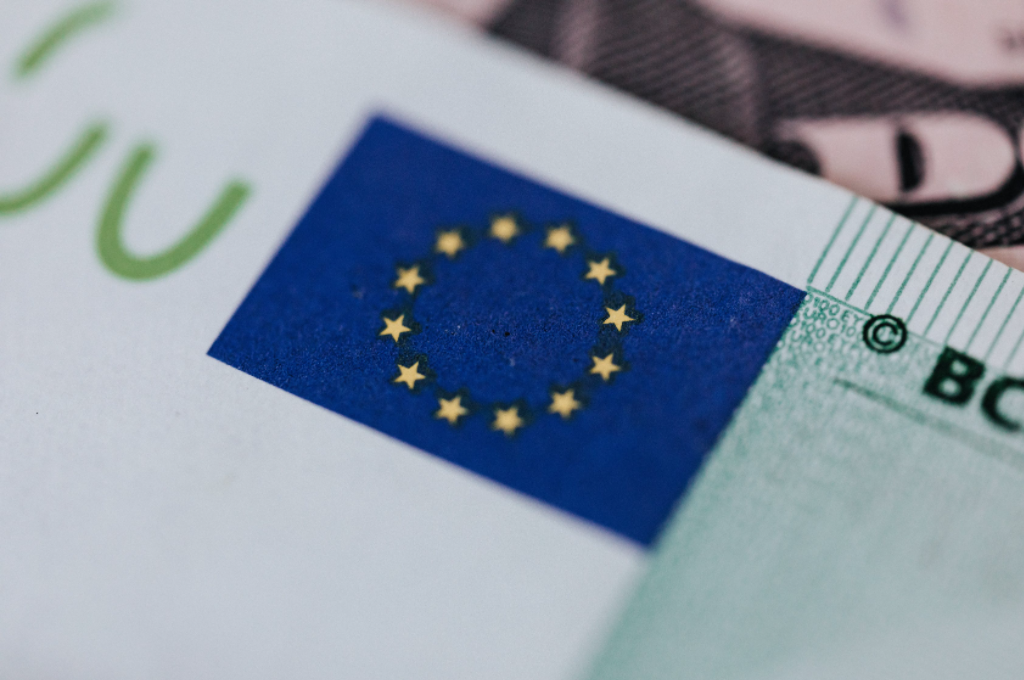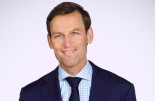AXA IM: ECB on hold, with something for everyone

The ECB GC decided to leave its policy rates unchanged, with the deposit facility remaining at 4% as widely expected. After ten consecutive rate increases, cumulating a record 450bps in just over a year, it is the first time the ECB GC maintained its monetary policy stance in this cycle.
Unwavering 'high for long' commitment. ECB GC kept the same formulation as in previous meetings that 'inflation is still expected to stay too high for too long' and 'domestic price pressures remain strong'. In turn, it is no surprise that the rate forward guidance was unchanged: 'the key ECB interest rates are at levels that, maintained for a sufficiently long duration, will make a substantial contribution to this goal. The Governing Council’s future decisions will ensure that its policy rates will be set at sufficiently restrictive levels for as long as necessary.'
It is all about landing to the 2% inflation target. Both euro area headline and core inflation corrected meaningfully in September mainly owing to base effects. More it is to come. Our projections suggest that both are to drop by another percentage point by the end of the year to c.3.4-3.5%. Said differently, the rapid normalization of inflation is well underway but correcting down from 5% to 3% is going to be much easier than further adjusting from 3% to 2% 'in a timely manner'. During the press conference, President Lagarde argued along the same line of ECB chief economist, Philippe Lane in a recent interview, that 2024 wage agreements, to be released next Spring, will be critical in assessing the likelihood of inflation eventually landing at the ECB target.
Dovish tilt on growth. At a couple of occasions, President Lagarde came up with a dovish tilt, mentioning the weak state of the economy (ECB baseline is for zero growth in Q3 and +0.1% q/q in Q4), highlighting the renewed fall in PMIs (despite their poor reliability for forecasting GDP growth). This was compounded by predominantly downside risks to growth and risk of higher inflation amidst increased geopolitical tensions. This confirmed our view that a recession in the euro area cannot be ruled in H2 23. Besides, in her response to an hypothetical spike in oil prices, she came up less incisive than expected, highlighting the already high interest rates, a strong yet, weakening labour market.
No rush for further balance sheet normalization. During the press conference, President Lagarde mentioned that neither PEPP reinvestment – nor banks’ minimum reserve requirement - were discussed during the meeting. The journalists’ questions on PEPP reinvestments came amid much higher long term rates coming from the 'outside, and not linked to the fundamentals of the euro area', '[though] are taken into account', answered the ECB President. We thus stick to our view that it would appear unwise for the ECB to act swiftly on its first line of defence against financial fragmentation amid high sovereign funding rates, tense budget discussions, limited visibility of fiscal rules - President Lagarde voice tone may have indicated some impatience - materialising bond portfolio losses and uncertain geopolitics. We still see a decision likely during this winter dependent on decent market (yield levels, spreads, volatility) behaviour (by the ECB).
Limited market reaction. Concurrent with upside surprise in US Q3 GDP makes it difficult to read the net effect from this rather uncontentious ECB meeting. We mainly take note that short-end rates have rallied with a full ECB cut priced in June 2024, c.6bps more than prior to the meeting.









